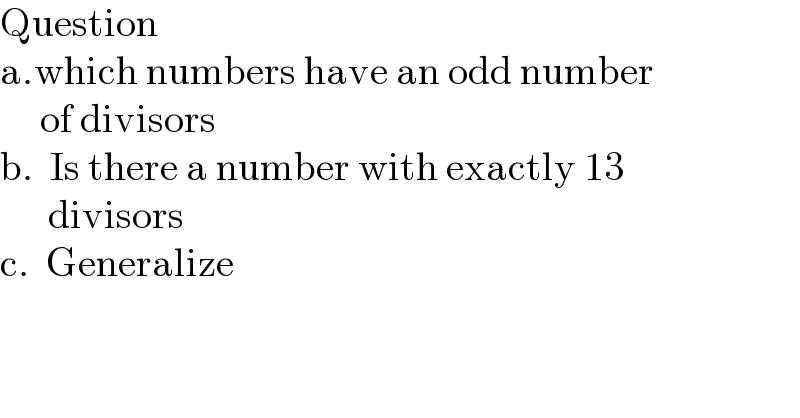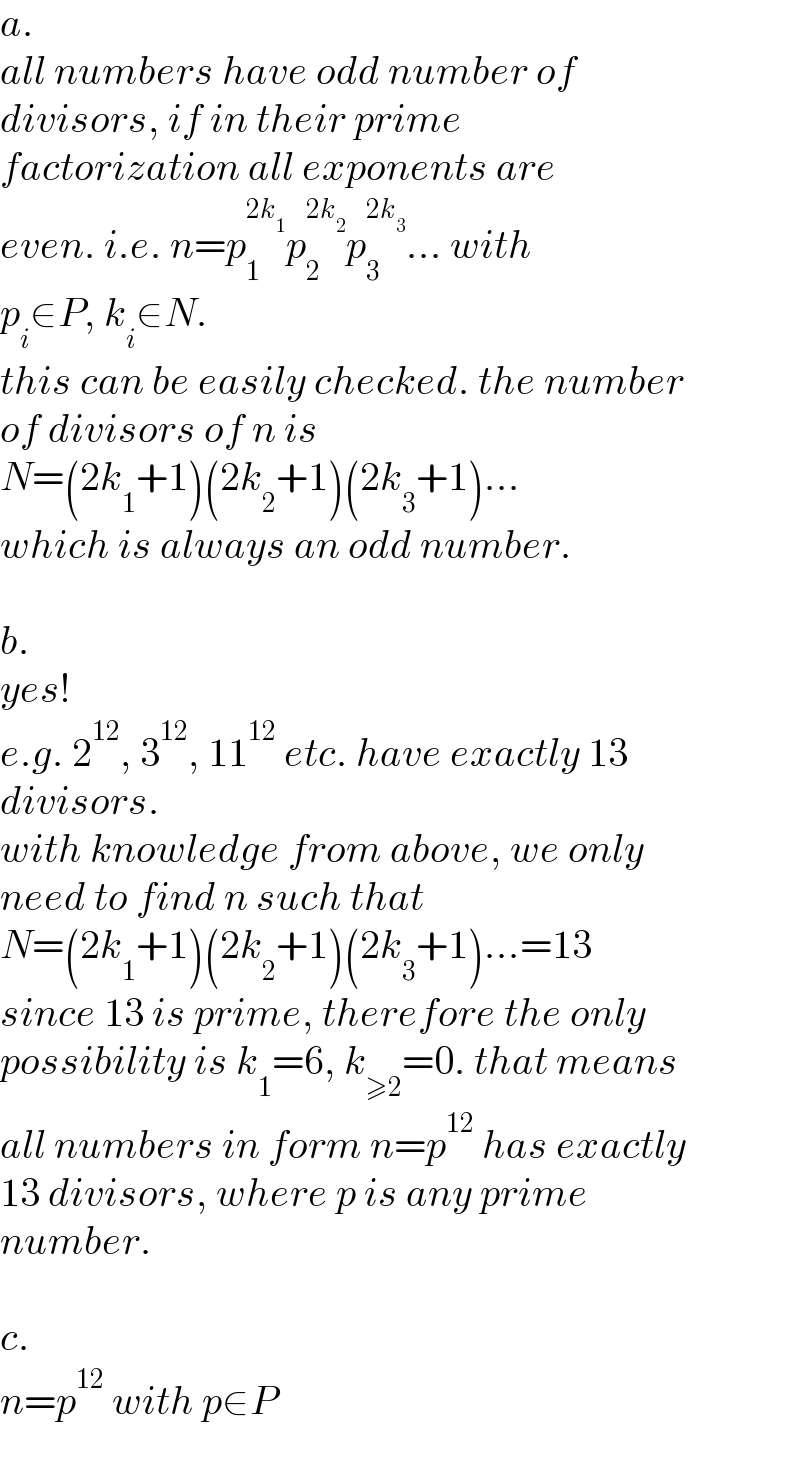Question Number 164300 by otchereabdullai@gmail.com last updated on 16/Jan/22

Answered by mr W last updated on 16/Jan/22

Commented by Rasheed.Sindhi last updated on 16/Jan/22

Commented by otchereabdullai@gmail.com last updated on 16/Jan/22

Commented by Tawa11 last updated on 16/Jan/22

Commented by nikif99 last updated on 16/Jan/22

